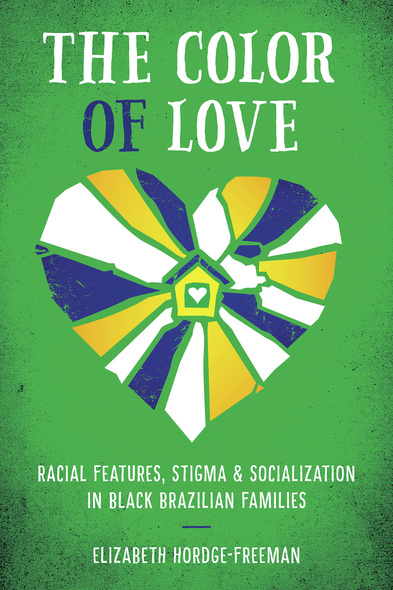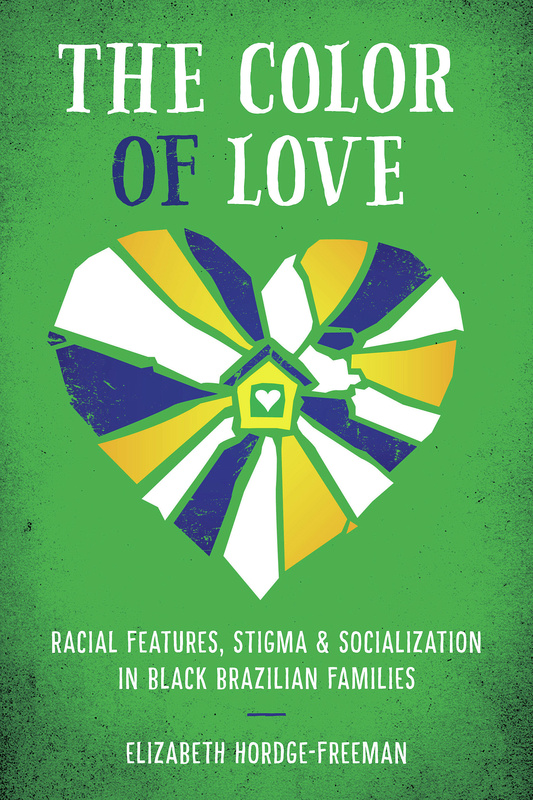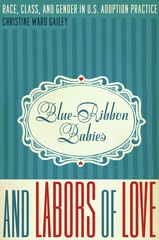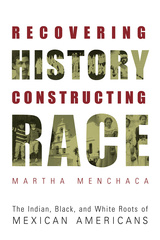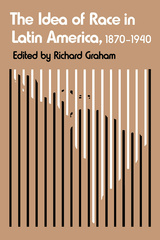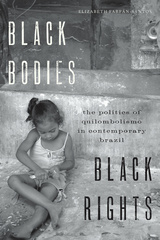The Color of Love
Racial Features, Stigma, and Socialization in Black Brazilian Families
Winner, Section on the Sociology of Emotions Outstanding Recent Contribution (Book) Award, American Sociological Association, 2016
Charles Horton Cooley Award for Recent Book, Society for the Study of Symbolic Interaction, 2017
Best Publication Award, Section on Body and Embodiment, American Sociological Association (ASA), 2018
The Color Of Love reveals the power of racial hierarchies to infiltrate our most intimate relationships. Delving far deeper than previous sociologists have into the black Brazilian experience, Elizabeth Hordge-Freeman examines the relationship between racialization and the emotional life of a family. Based on interviews and a sixteen-month ethnography of ten working-class Brazilian families, this provocative work sheds light on how families simultaneously resist and reproduce racial hierarchies. Examining race and gender, Hordge-Freeman illustrates the privileges of whiteness by revealing how those with “blacker” features often experience material and emotional hardships. From parental ties, to sibling interactions, to extended family and romantic relationships, the chapters chart new territory by revealing the connection between proximity to whiteness and the distribution of affection within families.
Hordge-Freeman also explores how black Brazilian families, particularly mothers, rely on diverse strategies that reproduce, negotiate, and resist racism. She frames efforts to modify racial features as sometimes reflecting internalized racism, and at other times as responding to material and emotional considerations. Contextualizing their strategies within broader narratives of the African diaspora, she examines how Salvador’s inhabitants perceive the history of the slave trade itself in a city that is referred to as the “blackest” in Brazil. She argues that racial hierarchies may orchestrate family relationships in ways that reflect and reproduce racial inequality, but black Brazilian families actively negotiate these hierarchies to assert their citizenship and humanity.
The Color of Love is an insightful treatment of the social psychology of race and the family, ostensibly in Brazil but with observations that have more general applicability.
Certainly a page turner, Hordge-Freeman makes various scholarly contributions, the biggest being her exploration of how phenotype-based affection can reproduce racial inequality in racialized societies, which hardly any studies of race in the United States and Brazil have done. . . . This book should be read by anyone with an interest in the African Diaspora, race and racism in Brazil, and family socialization practices.
...an important contribution to the growing academic literature on race and color in Brazil. The Color of Love, firmly rooted in the discipline of sociology, is interdisciplinary in the best possible way.
The Color of Love provides a necessary narrative that must be included in family research dis-course...I urge family researchers to read [it] to help them in understanding the family unit as a complex societal agent that is capable of resisting and reproducing dominant ideologies and also love.
[Hodge-Freeman's] work with an understudied group allows her to add a significant contribution to the field of race. . . . The Color of Love is an excellent ethnographic project.
This book makes a great contribution to understanding racial relations in Brazil by considering family and close neighbor relationships, the socialization process, and negotiations of gendered and racialized bodies, from a perspective that dialogues with theories of social stratification, feminist theory while triangulating race, class, and gender.
This book undoubtedly offers both theoretical and empirical gems to the sociology of race and inequality as well as to the study of the African diaspora in Latin America and beyond.
The ethnographic data on families show that ideas about racial hierarchy operate across a wide range of phenotypes and self-identifications. Hordge-Freeman shows this exceptionally well for Brazil . . . Hordge-Freeman's excellent ethnography interrogates families and bodies as sites of race-making in Brazil.
A page-turner. The humanity that leaps out of the pages makes this book deeply touching and appealing. This is a project that takes emotion seriously and looks at affection as a realm that needs to be studied if we want to understand racialization.
A significant empirical and theoretical contribution to the social sciences and interdisciplinary literature on race, racism, and intimacy.
- Acknowledgments
- Introduction. The Face of a Slave
- Part I. Socialization and Stigma
- Chapter 1. What's Love Got to Do with It? Racial Stigma and Embodied Capital
- Chapter 2. Black Bodies, White Casts: Racializing and Gendering Bodies
- Chapter 3. Home Is Where the Hurt Is: Affective Capital, Stigma, and Racialization
- Part II. Racial Socialization and Negotiations in Public Culture
- Chapter 4. Racial Fluency: Reading between and beyond the Color Lines
- Chapter 5. Mind Your Blackness: Embodied Capital and Spatial Mobility
- Chapter 6. Antiracism in Transgressive Families
- Conclusion. The Ties That Bind
- Appendix A: Research Methods and Positionality
- Appendix B: Major Interview Topics
- Notes
- Bibliography
- Index

